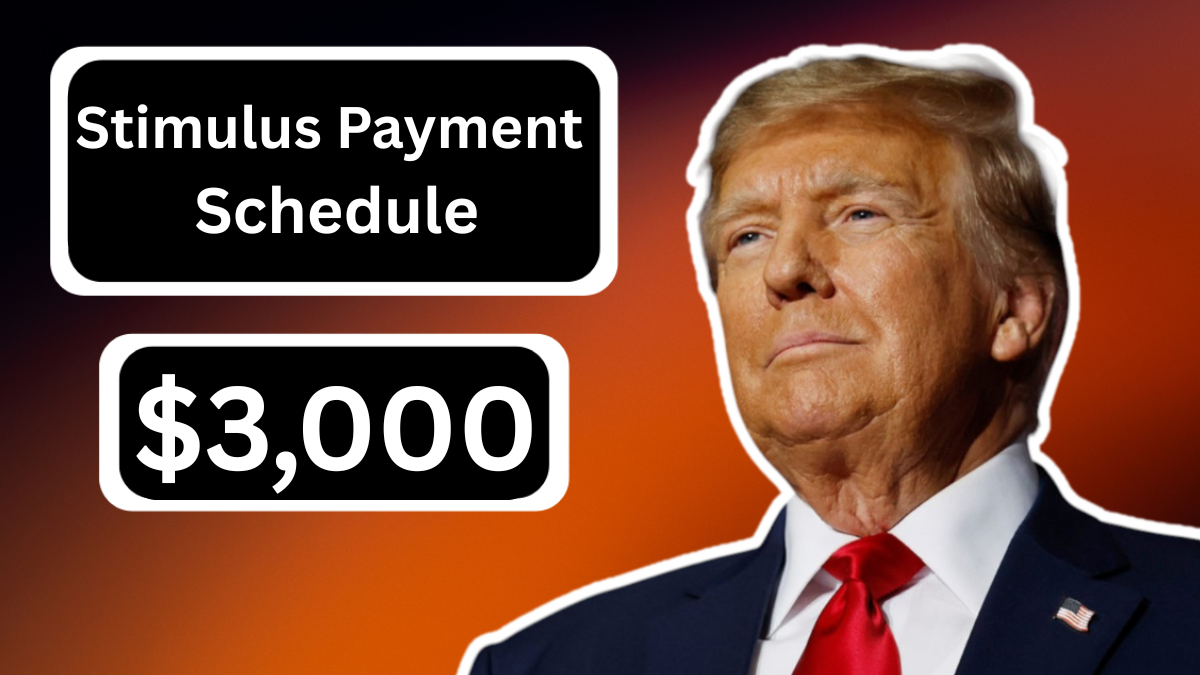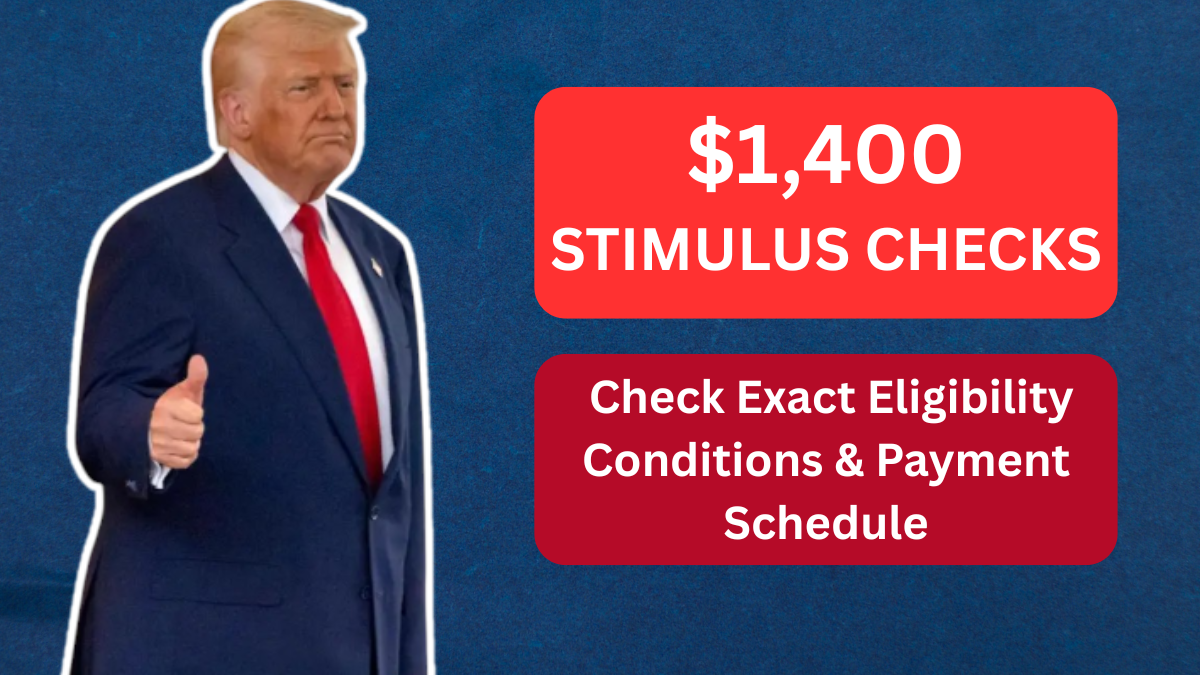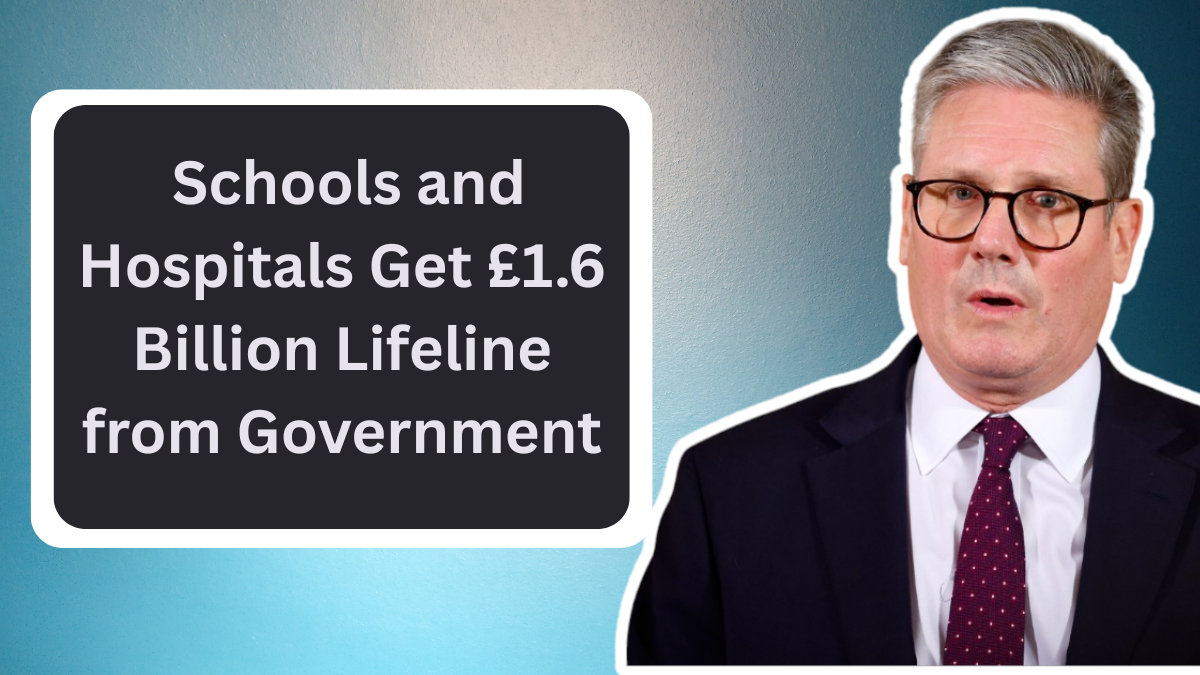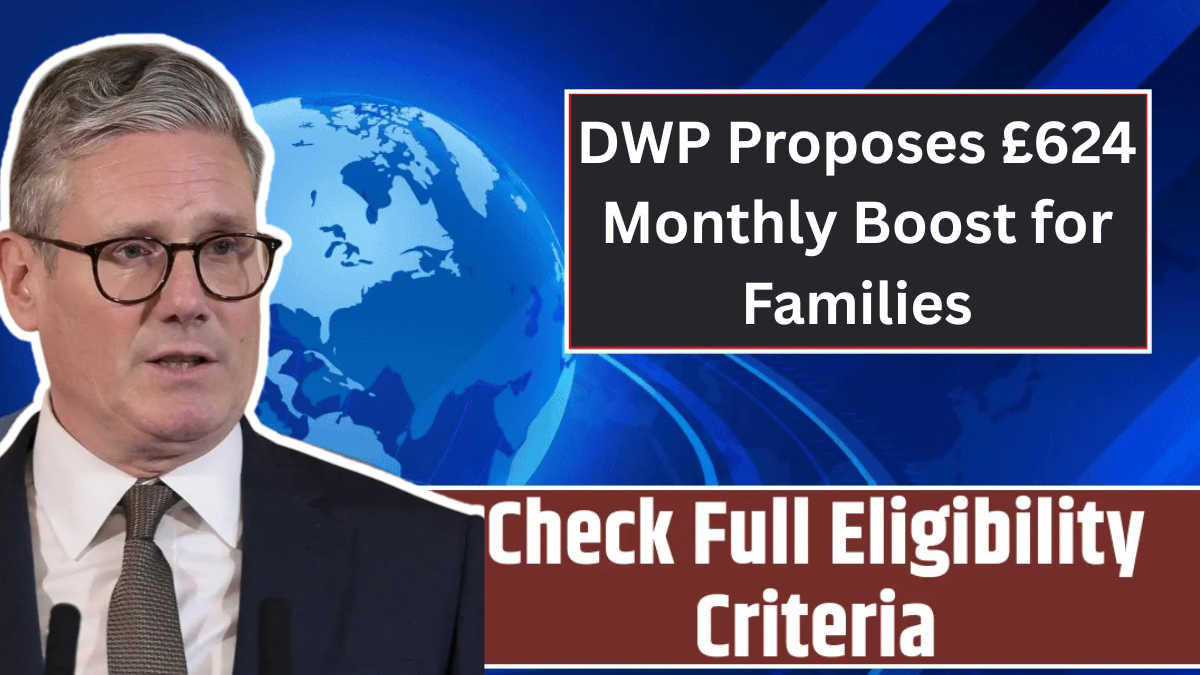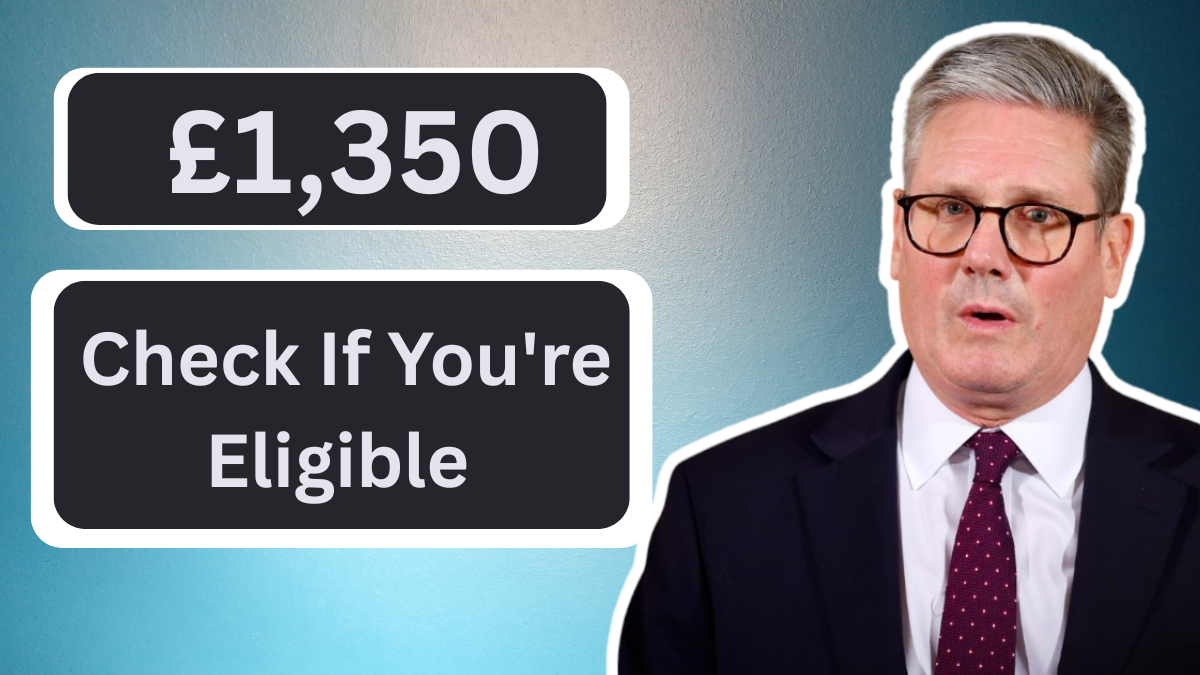In a significant move to simplify tax reporting, HM Revenue & Customs (HMRC) has announced an increase in the Self-Assessment tax return threshold from £1,000 to £3,000. This change aims to alleviate the administrative burden for approximately 300,000 individuals earning additional income through side hustles such as online selling, dog walking, or content creation. While this adjustment streamlines the reporting process, it’s essential to understand that tax obligations remain for earnings above £1,000.
Understanding the New £3,000 Threshold
Previously, individuals earning over £1,000 from self-employment or side activities were required to file a Self-Assessment tax return. With the new threshold set at £3,000, many will no longer need to complete this annual task. However, it’s crucial to note that the £1,000 trading allowance remains unchanged. This means:
- Earnings up to £1,000: No tax due and no reporting required.
- Earnings between £1,001 and £3,000: Tax is due on the amount exceeding £1,000, but a full Self-Assessment return is not necessary.
- Earnings over £3,000: A full Self-Assessment tax return is required.
For those in the £1,001 to £3,000 bracket, HMRC plans to introduce a simplified online service to report and pay the due tax without the need for a comprehensive tax return.
Who Benefits from This Change?
This adjustment primarily benefits individuals with modest additional incomes, including:
- Online sellers on platforms like eBay or Vinted.
- Freelancers and gig economy workers.
- Individuals offering services such as tutoring, dog walking, or gardening.
- Content creators and social media influencers.
By reducing the reporting requirements, HMRC aims to support entrepreneurial activities and reduce the administrative load on small-scale earners.

Implementation Timeline
The government has indicated that this change will be implemented within the current parliamentary term, which extends up to 2029. While no specific date has been announced, taxpayers are advised to stay informed about the rollout schedule to ensure compliance.
Importance of Record-Keeping
Even if you’re exempt from filing a full tax return under the new threshold, maintaining accurate records of your income and expenses is vital. This practice ensures that you can accurately report earnings if required and can help in claiming allowable expenses, potentially reducing your taxable income.
The increase in the Self-Assessment threshold to £3,000 is a welcome development for many small-scale earners and side hustlers, simplifying the tax reporting process and reducing administrative burdens. However, it’s essential to remain vigilant about your earnings and tax obligations. Utilizing the forthcoming simplified online service and maintaining thorough records will ensure compliance and financial clarity.
Frequently Asked Questions (FAQs)
Q1: Does this change mean I won’t pay tax on earnings between £1,001 and £3,000?
No, you will still owe tax on earnings exceeding the £1,000 trading allowance. However, you won’t need to file a full Self-Assessment tax return for income up to £3,000.
Q2: When will the new threshold take effect?
The government plans to implement this change within the current parliamentary term, ending in 2029. Specific dates will be announced in due course.
Q3: What is the trading allowance?
The trading allowance is a £1,000 tax-free allowance for individuals earning income from self-employment or side activities.
Q4: How will I report income between £1,001 and £3,000?
HMRC intends to introduce a simplified online service for reporting and paying tax on income within this range, eliminating the need for a full tax return.
Q5: Do I need to keep records if I don’t file a tax return?
Yes, maintaining accurate records of your income and expenses is essential for accurate reporting and potential future reference.











